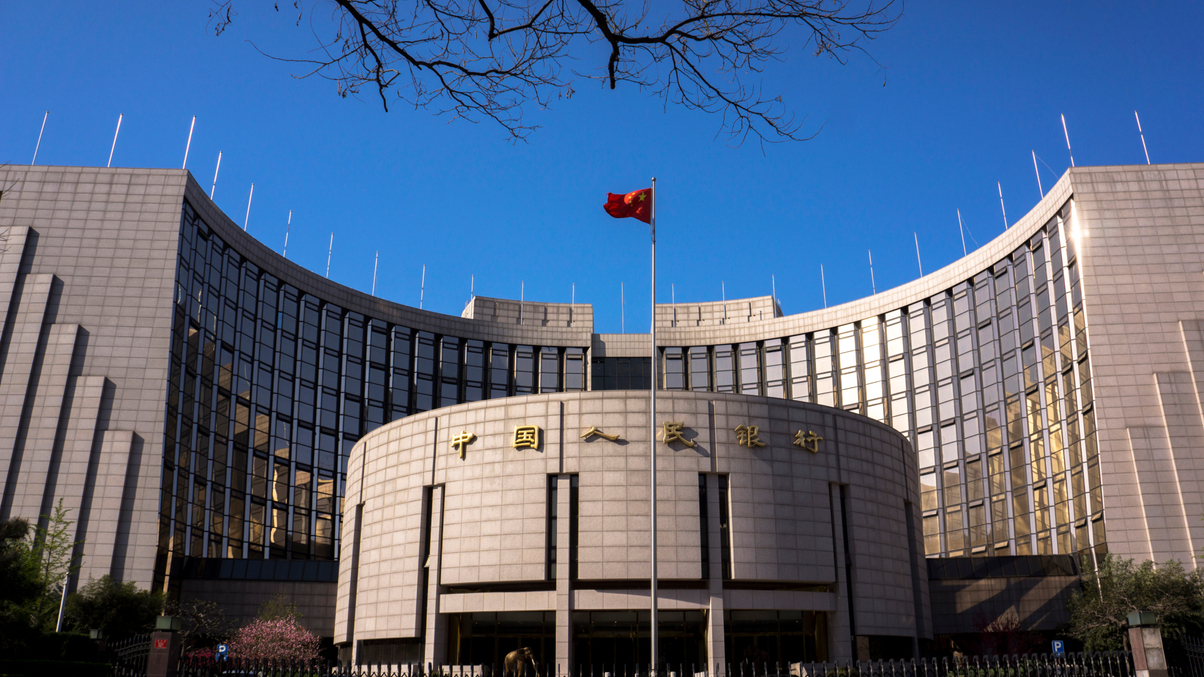China eases AM rules as trade war fears grow
To support growth as default risks rise and economic uncertainties intensify, China will now allow mutual funds to invest in non-standard debt, three months after it said they couldn't.

China has loosened its recently unified rules for asset management products as credit creation in the country slows, default risk rises and the wider economic uncertainties stemming from rising global trade tensions ratchet up dangerously.
Sign in to read on!
Registered users get 2 free articles in 30 days.
Subscribers have full unlimited access to AsianInvestor
Not signed up? New users get 2 free articles per month, plus a 7-day unlimited free trial.
¬ Haymarket Media Limited. All rights reserved.


